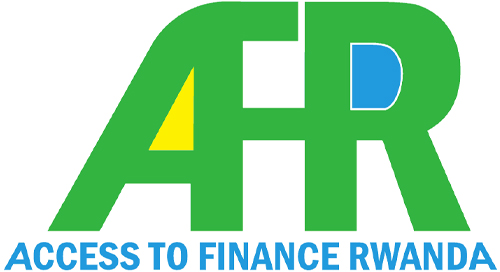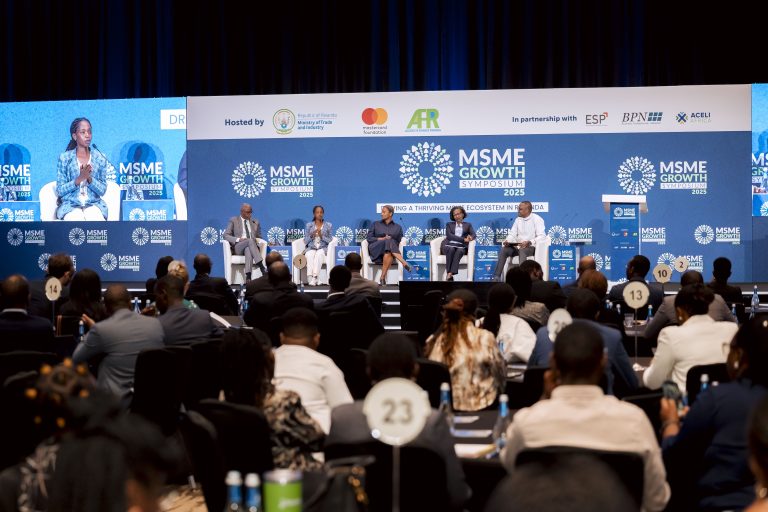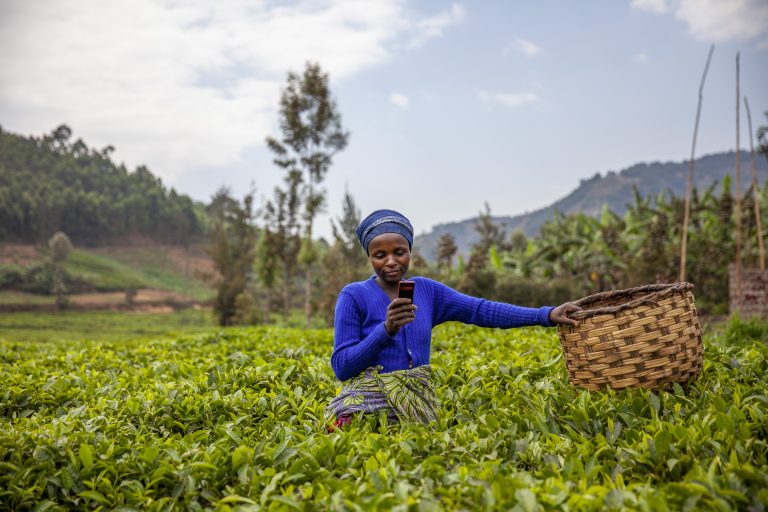

Executive summary:
Micro, Small, and Medium Enterprises (MSMEs) play a crucial role in driving national development, especially in lowincome countries like Rwanda. Beyond job creation, MSMEs are essential for fostering innovation, building local supply chains, and stimulating domestic demand. These businesses are often embedded in local communities and are more responsive to the needs of their immediate environment. Whether in agriculture, retail, services, or light manufacturing, MSMEs provide goods and services tailored to local markets, while also helping to build the skills and experience needed for broader economic transformation. As they grow, MSMEs help build resilience in the economy by reducing dependency on a narrow set of industries or foreign enterprises.
Crucially, MSMEs are a powerful vehicle for poverty reduction. By enabling all entrepreneurs, including women and youth, to participate in economic activities, MSMEs help redistribute economic opportunity and promote inclusive growth. With the right support in areas such as access to finance, infrastructure, and regulatory simplicity, MSMEs can scale up their operations, increase productivity, and improve the living standards of owners and their family members. In a country like Rwanda, where a significant portion of the population still lives in poverty, empowering MSMEs is not just a matter of economic strategy, it is a central pillar of national development and social progress.
The main objective of this Rwanda FinMap 2024 Report is to provide insights into how MSMEs engage with and access financial services and products in Rwanda. This report, the first of its kind in Rwanda, offers detailed information about the characteristics of MSMEs, the extent to which they are financially included, as well as challenges limiting MSMEs’ growth, using data collected in 2024 on a sample of 2,116 MSMEs across the country. The Government of Rwanda has made financial inclusion a key priority in its mid and long-term development agenda, including the Rwanda Vision 2050, the Financial Sector Development Strategy (FSDS, 2018-2024), and the National Strategies for Transformation (NST1 and NST2). These initiatives aim to make financial services affordable and accessible to all, particularly the underserved segments, including MSMEs, while at the same time promoting financial stability and economic resilience.
According to the National Institute of Statistics of Rwanda (NISR), the Rwanda Establishment Census 2023 revealed that Rwanda has 269,326 enterprises, with MSMEs representing 99.8% of this total number. This implies that nearly all private enterprises in Rwanda are MSMEs.
In this survey report, micro enterprises accounted for 91.5%, while small and medium-sized enterprises accounted for 7.2% and 1.3% respectively, figures that closely reflect the patterns observed in the Rwanda Establishment Census.
Geographically, the City of Kigali and the Eastern Province each host nearly a quarter of all MSMEs, while the remaining three provinces (Northern, Southern, and Western Province) each account for between 15% and 19%. MSMEs are evenly distributed between rural and urban areas, with each representing 50% of the total.
There are notable disparities in ownership by gender and age. Women own just 34% of MSMEs, highlighting a gender gap in business ownership. Youth (aged 16–30) own 22% of micro and small enterprises, though none of the medium-sized enterprises are youth-owned
In terms of financial inclusion, the findings reveal that 83% of MSMEs are financially included. This is heavily skewed toward medium-sized (100%) and small enterprises (99%), while only 81% of micro enterprises are financially included. This implies that 17.5% of MSMEs are financially excluded (specifically, about 19% of micro enterprises are financially excluded). Furthermore, 75% of MSMEs are formally served by financial institutions, with medium-sized enterprises again showing full inclusion (100%), followed by small enterprises at 98%, and micro enterprises at 73%.
The findings also indicate that 76% of MSMEs are saving money. Among them, 14% save but do not reinvest in their businesses, 5% invest in their businesses without saving, while 57% both save and reinvest in their businesses.
Access to credit remains a significant challenge for MSMEs, with 60% reporting that they had not borrowed any money in the 12 months preceding the survey. Overall, 40% of MSMEs accessed credit during this period: 23% obtained credit from formal sources, 15% from a mix of formal and informal sources, and 2% relied on family and friends for financing. The research findings highlight several challenges, financial and non-financial, that still hamper MSME growth in Rwanda.



